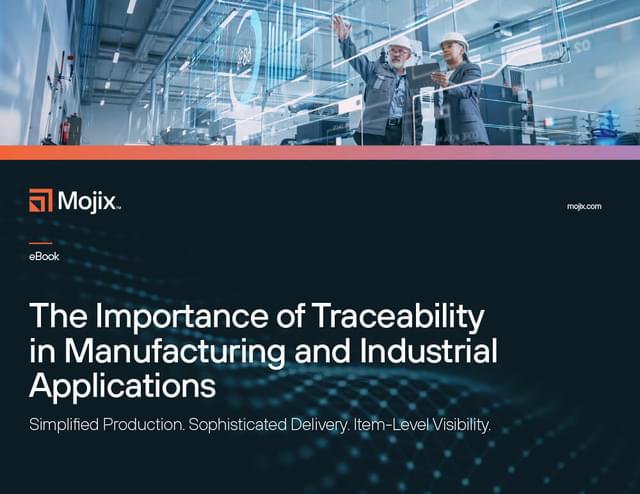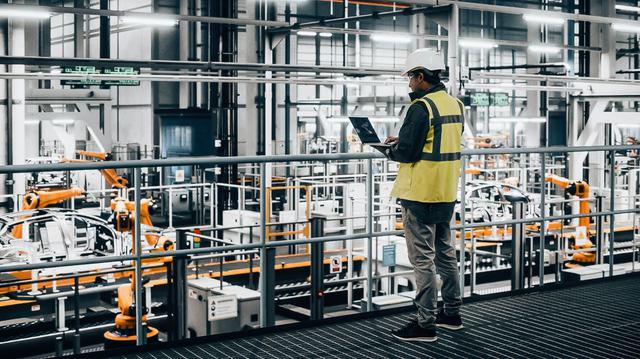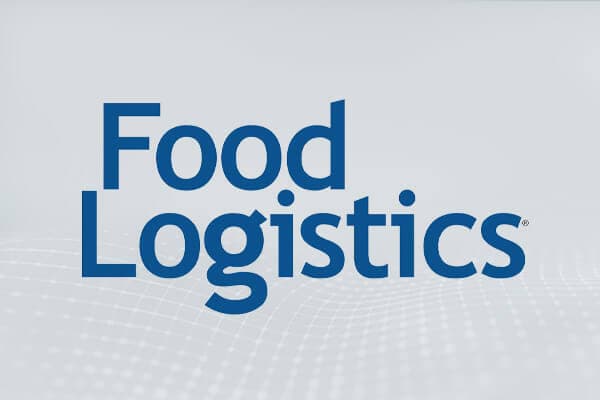
Industrial
Enhanced asset tracking

Maximize the efficiency of your industrial operations with comprehensive asset tracking software from Mojix. Enhance your company’s asset management capabilities to boost productivity, streamline workflows, and eliminate costly inefficiencies.

Industrial companies manage a lot of critical data, from machinery maintenance to supply chain logistics and asset utilization. With heightened regulatory demands and global opportunities, asset tracking must be robust enough to monitor every asset and intuitive enough to convert data into action.
With Mojix, your industrial operation gains real-time item-level visibility that enables you to reduce asset loss, improve operational efficiency, and increase profitability across every segment of your business.
Learn more about asset tracking and traceability for industrial applications in our free eBook

Industrial asset tracking software from Mojix
Industrial asset tracking software from Mojix
RFID technology, IoT solutions, and advanced software platforms from Mojix provide flexible, scalable, and secure solutions that enhance visibility and control. Minimize compliance risks, reduce operational costs, and fortify every aspect of your asset tracking systems—from acquisition to deployment.

Ensure stock levels remain stable and prevent waste.

Detect potential malfunctions early and enable predictive maintenance via IoT trackers.

Offload employees’ physical strain by implementing automation and mechanical production tasks.

Protect against workflow issues with data from a 360-degree view of production.

Identify defects and inaccuracies early to prevent recalls and wasted materials.

Vizix: Comprehensive asset tracking software for industrial leaders
Vizix™ is the ultimate asset tracking solution for industrial operations that demand environmental monitoring, workflow tracking, quality control, asset management, and comprehensive visibility across the supply chain. With IoT sensors and RFID technology, Vizix minimizes asset loss, enhances efficiency, and optimizes operations. Locate stationary assets effortlessly with real-time tracking from Vizix.

Transform your industrial operations with AI
Mojix leverages Internet of Things (IoT) asset tracking technology to provide industrial suppliers with unparalleled transparency and control. Maiven™ by Mojix is an AI-driven engine that identifies anomalies, asset positions, quality issues, and more so your company can:
- Diagnose risks
- Anticipate inventory levels and potential consequences
- Propose strategies to achieve optimal inventory flow
See how real-time traceability solutions and AI inventory management software help future-proof your business in the ever-changing global supply chain.

Raytheon Technologies
Streamline your industrial asset tracking from acquisition to deployment
Streamline your industrial asset tracking from acquisition to deployment
International defense manufacturer Raytheon needed a more efficient system to prevent the costly loss of its assets, tools, and parcels.



Item-Level Traceability: The Key to Future-Proofing Food Brands
Learn more




